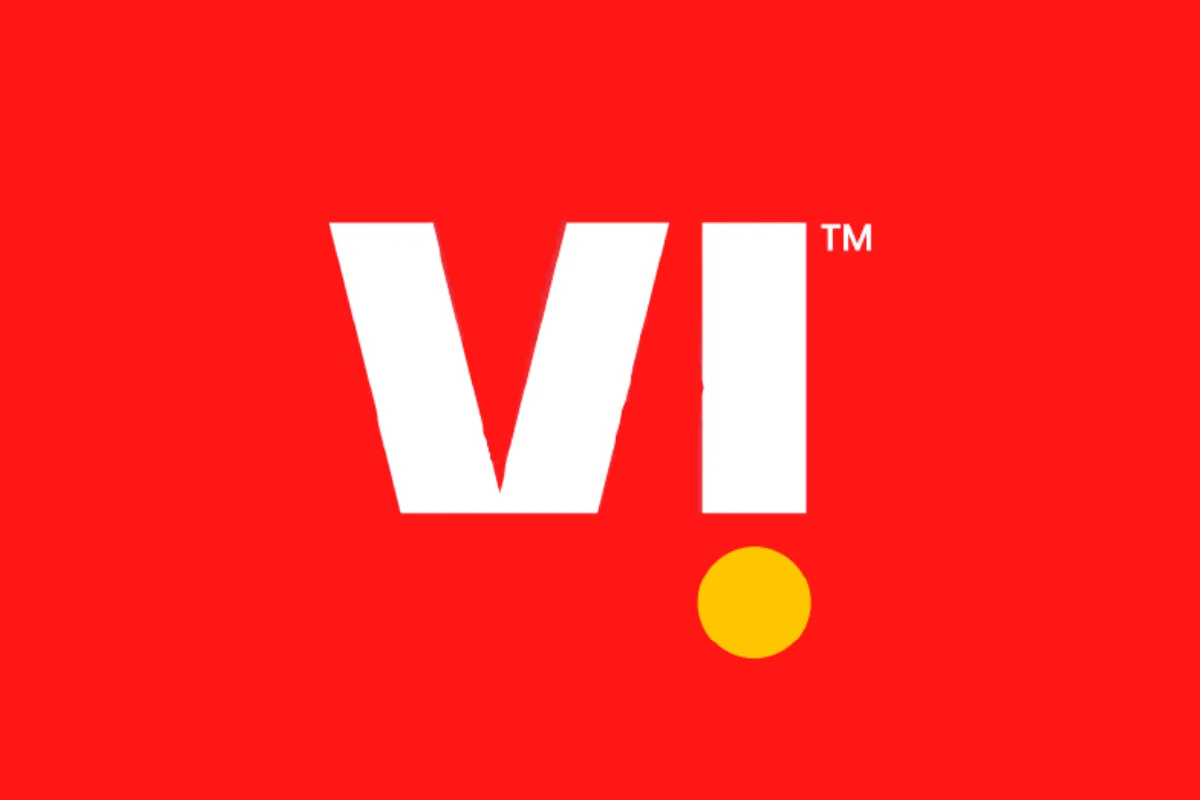
Reliance Jio and Bharti Airtel, two of India's leading telecom operators, are poised to further consolidate their market share, reaching approximately 81% of adjusted revenue by FY25. This intensifies the competition for Vodafone Idea (Vi), the third-largest carrier, and emphasises the urgent need for them to launch 5G services. Market analysts (via Livemint) highlight the significance of Vodafone Idea's delayed 5G rollout and suggest that it could lead to further consolidation among industry leaders.
The dominance of Reliance Jio and Bharti Airtel:
According to analysts at CLSA, the combined revenue of Reliance Jio and Bharti Airtel currently accounts for 77% of the sector revenue. This market share is projected to increase to 81% by FY25CL (fiscal year 2025). The dominance of these two operators presents a challenging landscape for Vodafone Idea, necessitating prompt action in rolling out 5G services. CLSA remains optimistic about the prospects of Reliance Jio and Bharti Airtel in this scenario.
Read More - Airtel Strengthens Market Share as Vodafone Idea Struggles with Limited Capex Investment
Importance of Equity Infusion and Strategy Change:
Vodafone Idea, promoted by the Aditya Birla Group (ABG), requires an infusion of equity from its promoters and external investors. The delay in raising planned funds amounting to Rs 20,000 crore has impacted capital expenditure and hindered the rollout of 5G services, leading to a decline in market share. To protect its position, Vodafone Idea must undertake a strategic shift in its approach.
Market Share Erosion and Revenue Performance:
Since 2017, Vodafone Idea has witnessed a decline in market share by approximately 24 percentage points based on revenue. In FY23 alone, it experienced a loss of 1.2 percentage points, reducing its share to 17% as of March 2023. Meanwhile, the latest data from the Telecom Regulatory Authority of India (TRAI) indicates a 14% year-on-year increase in India's mobile sector revenue to Rs 2,215 billion (USD $27 billion) in FY23, driven by tariff hikes in 2021. The sector revenue has rebounded by 73% from its FY19 lows.
Reliance Jio and Bharti Airtel's Growth:
During FY23, Reliance Jio, holding the top position, captured a revenue share of 41%, indicating a 1.2 percentage point year-on-year increase. Bharti Airtel followed closely with a share of 36%, growing by 80 basis points in FY23. Bharti Airtel's growth was primarily driven by rural markets, while Reliance Jio's gains stemmed from urban areas. Analysts at Jeffries predict a 12% compound annual growth rate (CAGR) in sector revenues over FY23-25, fueled by tariff hikes, resulting in market share gains for Bharti and Jio. Delays in tariff hikes could further accelerate market share shifts away from Vodafone Idea.
Market Share Erosion in Specific Regions:
Vodafone Idea faced a 150-170 basis points erosion in market share in A and B-Circles, particularly in Maharashtra, Gujarat, and Kerala, which collectively contribute to one-third of the company's revenue. In contrast, Bharti Airtel's growth was driven by average revenue per user (ARPU) growth, while Reliance Jio's growth was propelled by subscriber expansion.















